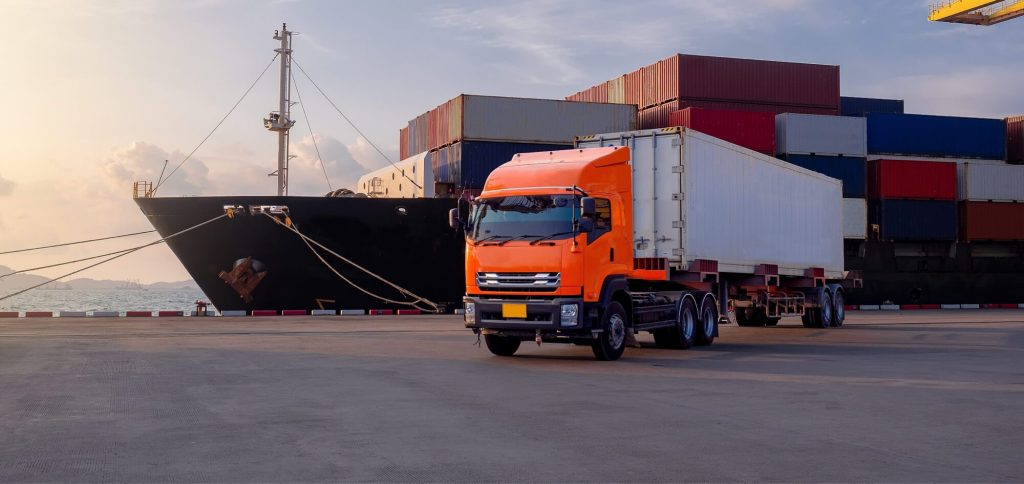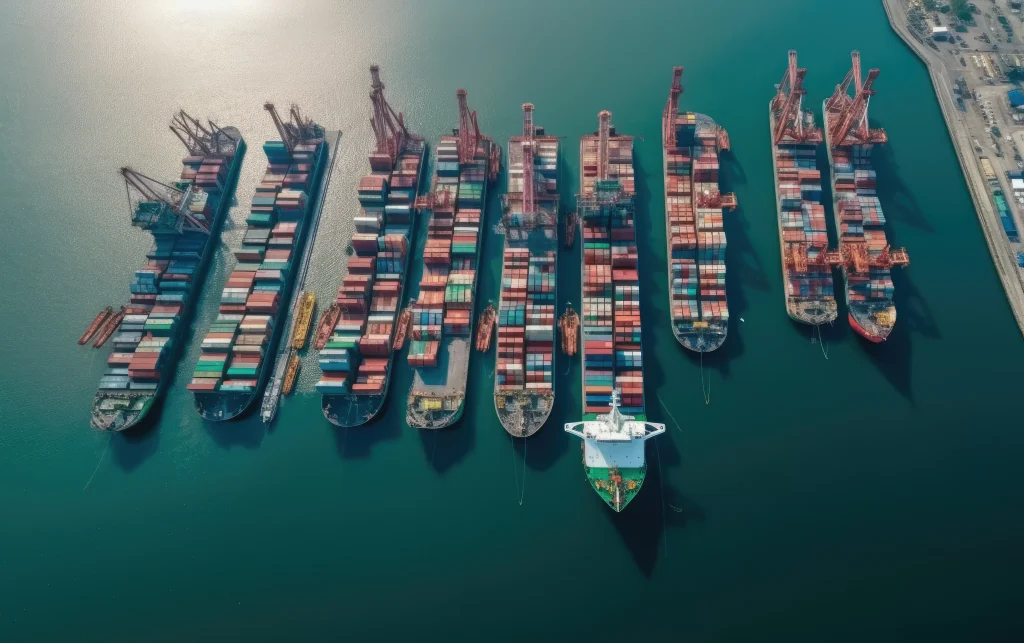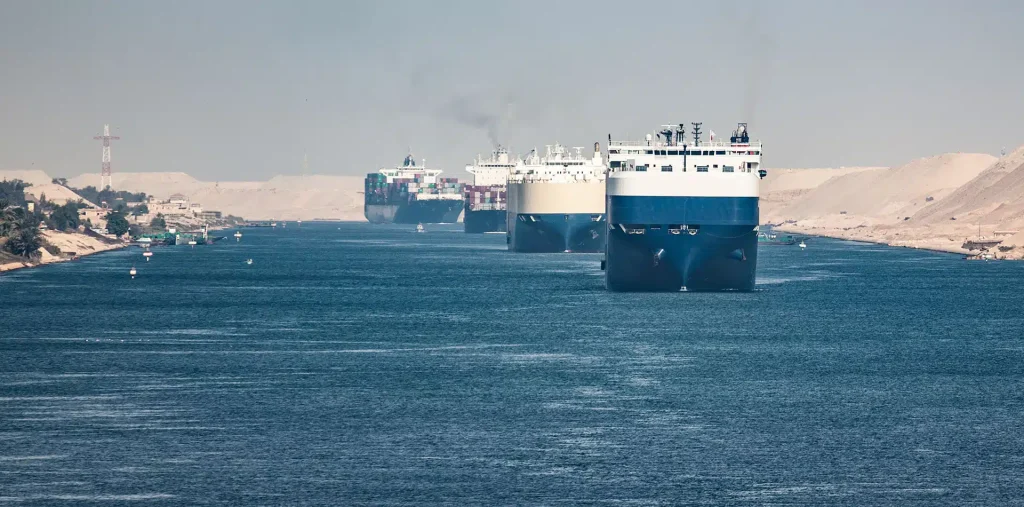Efficiency of logistics, a smooth functioning supply chain, and precise data — which then aids intelligence, forecasting, and decision-making — is key to smooth marine management, business operations, and for global commerce. With many cogs in the wheel, no business (including logistics vendors, charterers, vessel maintenance companies, and others) can afford disruption.
One of the components that you’d need to ensure smooth operations is what we call Port Intelligence.
Why bother with data and intelligence, you ask?
Making better decisions that are data-driven (and not just based on intuition, experience, emotion, or even “gut feelings” is all but a little too raw for business-critical operations). In a survey conducted by PwC among 1000 senior executives, it was revealed that data-driven organizations are 3X as likely to report successful improvements and sound decisions compared to organizations that rely on much less data.
When it comes to marine management, vessel fleet management, shipping, logistics, and supply chain, “winging it” is not a strategy.
What is Port Intelligence?
According to Wilson Sons port intelligence is defined as of shipping ports — along with the characteristics and restrictions for the correct use of a ship” for each port. Most of all, it’s about the ability to provide, quickly and proactively, quality information on port logistics.
Thanks to technological advances, satellite, AIS and GPS data, faster mobile and Internet networks, there’s tons of information and data available about ports today that helps condense requisite information, store data, and make all this data accessible to organizations or individuals to make use of.
How Does Port Intelligence Matter for Businesses?
Pure play port intelligence data and additional intelligence (real-time) along with granular information on individual ships, cargo vessels, containers, and so on.
It helps enrich data available for businesses that transport products across continents, shipping companies (commercial and non-commercial), logistics management companies, vendors, and operators.
For instance, our Port Intelligence Data Service at GateHouse Maritime – built on the OceanIO platform — indicates how congested a particular port is. This goes for land/terminal side providing statistics for both import and export dwell times and on seaside providing intelligent data on anchoring and berthing.
The datasets are updated every 12 hours and support all container ports. That enables you to plan in advance and offer your customers alternative routes based on reliable data.
Different Technologies make Ports Easier to “read”
Data identifying port restrictions, vessel docking data, port operations equipment available, and terminal depth are fundamental to guarantee logistics operations, container and/vessel management, and so on. This data will – combined with Port Intelligence showing potential delays due to eg. port congestion – provide operators with an excellent overview of the port’s accessibility and usability.
Plus, this helps avoid costs that would otherwise not have been adequately foreseen, due to lack of information or unpreparedness in planning the transportation.
In this sense, hiring this service enables the gathering and the monitoring of several questions which are important to make informed decisions. Imagine an increase of a certain port expense — knowing about it beforehand might help the shipowner in a sea freight shipping negotiation.
For instance, you’d be able to know which merchandise will move into a particular port along with the estimated arrival time. This helps trading companies let their clients know accurate shipping times and manage delivery schedules. For shipping agencies, market intelligence is useful to promote the visualization of new business opportunities and also to aggregate value to the charterer’s business. Thanks to precise, reliable, and updated data, you get a clear idea of how your cargo will be affected at the port of loading and the port of discharge.
The datasets offer valuable information on any container port in the world. Since the data is delivered through a REST API, integration into any system is straightforward and easy.
With all data at your fingertips, you can also create a custom world map which shows all the pertinent container ports along your chosen routes. You get a better overview of routes and ports while continually staying informed. Mitigating any delays and managing disruption will also become more straightforward.
While the Port Intelligence data service in general increases ocean visibility by providing accurate data on anchorage and berth time, personal port congestion thresholds are easy to configure making it possible to add automated notifications to your own system.
Slap on other emerging technologies such as the Internet of Things, global network access (for cellular and Internet Data), Satellite data and you get even more information to ensure undisrupted, cost-effective, and smooth operations.
Port Intelligence: How Do You Use It
When it comes to shipping, transportation across seas, and across ports — essentially the heart of supply chain management — there are way too many externalities, variables, and things that could go wrong
One of the best advantages of port intelligence — in addition to ocean visibility, marine surveillance is the chance to minimize dependencies on externalities.
Further, port intelligence helps you ace container tracking another subset of data available today. Businesses can constantly monitor their cargo transport, allow for faster decision-making as far as port selection, route planning, and finding alternative ports to dock if required
Port intelligence also provides information — strategic and timely information helps minimize a direct impact on operations. Any changes at ports, port congestion (if any), port restriction data, stoppages, logistic obstacles at ports and so on.
Essentially, you get the necessary insights without having to consult other sources.
Port Intelligence delivers simple and uniform data that can be accessed from your own system. This is a time-saving service that enables users to retrieve relevant information on the spot and do away with uncertainty.
More information on Port Intelligence:
- Explore the Port Intelligence Data Service
- Watch our video on how the Port Intelligence data service can be used
- Apply for trial of the Port Intelligence data service

Kim Bøjlund
Product Manager
GateHouse Maritime



